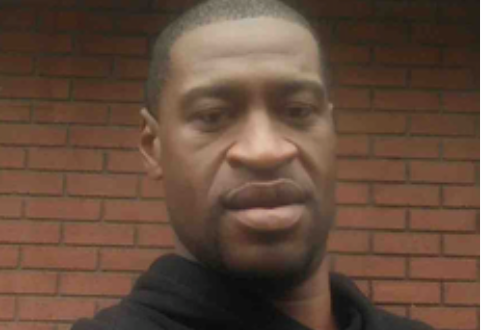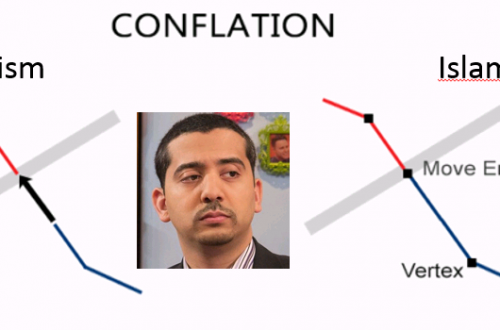Barton Gellman of The Washington Post reports:
In his first few months after leaving office, former vice president Richard B. Cheney threw himself into public combat against the “far left” agenda of the new commander in chief. More private reflections, as his memoir takes shape in slashing longhand on legal pads, have opened a second front against Cheney’s White House partner of eight years, George W. Bush.
Cheney’s disappointment with the former president surfaced recently in one of the informal conversations he is holding to discuss the book with authors, diplomats, policy experts and past colleagues. By habit, he listens more than he talks, but Cheney broke form when asked about his regrets.
“In the second term, he felt Bush was moving away from him,” said a participant in the recent gathering, describing Cheney’s reply. “He said Bush was shackled by the public reaction and the criticism he took. Bush was more malleable to that. The implication was that Bush had gone soft on him, or rather Bush had hardened against Cheney’s advice. He’d showed an independence that Cheney didn’t see coming. It was clear that Cheney’s doctrine was cast-iron strength at all times — never apologize, never explain — and Bush moved toward the conciliatory.”
Among other things, Cheney was upset that Bush rejected his advice against firing Defense Secretary Donald Rumsfeld and for continuing “enhanced interrogation” (i.e., waterboarding) of suspected terrorists.
During the Bush administration, we advocated the firing of Rumsfeld and opposed waterboarding as torture. That Bush ultimately took our advice rather than Cheney’s tells you all you need to know about our power and influence in those years– just as some have suspected.


